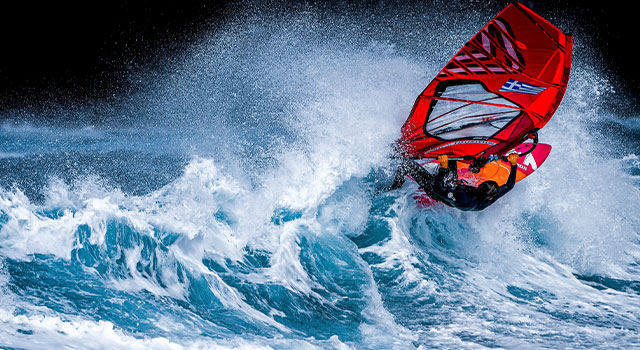 Approximately 15 million people around the globe suffer from a stroke each year. An alarming two-thirds of stroke survivors experience some degree of visual dysfunction after the incident.
Approximately 15 million people around the globe suffer from a stroke each year. An alarming two-thirds of stroke survivors experience some degree of visual dysfunction after the incident.
These problems can range from irritating to debilitating and can seriously affect a person's quality of life and ability to function.
Thankfully, there is hope for stroke survivors who suffer from stroke-related vision problems.
At Vision Therapy Center at EYEcenter Optometric, we are dedicated to helping post-stroke patients heal their visual system for long-lasting relief and a better quality of life.
Below, we’ll explore how a stroke can impact vision and what a neuro-optometrist can do to help.
What is a Stroke?
A stroke occurs when insufficient oxygen is delivered to the brain tissue, either due to leaking or bursting blood vessels, or a blockage within the blood vessel.
Serious brain damage can occur within minutes of a stroke, making early intervention crucial.
Signs of a stroke include:
- Paralysis
- Numb or weak limbs
- Slurred speech
- Confusion
- Trouble walking
- Dizziness or loss of coordination
Because a large portion of the brain is involved with vision, a stroke can also affect the eyes and visual processing.
How a Stroke Can Affect Vision
If a stroke occurs in the areas of the brain that control the eye, it can cause:
- Blurred vision
- Visual field loss
- Double vision
- Dry eye syndrome
- Sensitivity to light
- Nystagmus — rapid, uncontrolled eye movements
When a stroke affects the areas of the brain responsible for visual processing, it can cause:
- Visual neglect — when the patient ignores stimuli from a portion of their visual field
- Visual hallucinations
- Poor depth and movement perception
- Difficulty recognizing objects or people
3 Ways a Neuro-Optometrist Can Help Stroke Survivors
1. Identify and Diagnose Any Visual Dysfunction
A neuro-optometrist has the training and experience required to thoroughly identify, diagnose and treat even slight visual dysfunction that may be causing symptoms.
Your neuro-optometrist will perform a functional visual evaluation to assess neurological vision-related complications and identify the type of vision loss caused by the stroke.
2. Rehabilitate the Visual System
Neuro-optometric rehabilitation therapy includes visual exercises that retrain the brain and eyes to work together.
During a stroke, certain neural connections may become damaged. Neuro-optometric rehabilitation aims to restore those connections and heal the visual system for long-lasting results.
3. Prescribe the Correct Lenses or Prisms, As Needed
A neuro-optometrist can prescribe specialized lenses or prisms that aid in the therapeutic process. Prism lenses shift images into the functioning part of a patient’s visual field, or, in the case of double vision or visual neglect, unite the images the two eyes are sending to the brain. In some cases, prisms can instantly relieve symptoms like disorientation or double vision.
Some patients only visit an occupational therapist or physical therapist after a stroke—and while these therapies are often necessary and helpful, they cannot treat the visual system or prescribe prisms.
How We Can Help
Stroke survivors deserve the best in rehabilitative care. That’s why we are passionate about restoring their independence and offering relief from incapacitating visual symptoms.
Furthermore, neuro-optometric rehabilitation therapy offers the added benefit of diminishing vertigo and depression and increasing confidence levels.
If you or a loved one has suffered a stroke, we can help. To schedule your functional visual evaluation, contact Vision Therapy Center at EYEcenter Optometric today.
Vision Therapy Center at EYEcenter Optometric serves patients from Sacramento, Folsom, Roseville, and Elk Grove, all throughout California .
Q: #1: Other than stroke patients, who can benefit from neuro-optometric rehabilitation therapy?
- A: Neuro-optometric rehabilitation therapy can help any person suffering from visual dysfunction after a head injury, traumatic brain injury or stroke, or anyone with neurological conditions that impact their vision. If you experience any symptoms associated with visual dysfunction like dizziness, disorientation, headaches, nausea or difficulty concentrating— it may be time to visit your neuro-optometrist.
Q: #2: Can neuro-optometry help if the stroke occurred months or years ago?
- A: The best time to start treatment is as soon as possible following a stroke or head injury, but treatment can also be effective years later. The basis of neuro-optometry is neuroplasticity—the brain’s ability to change and build new neural connections. As long as a person is alive, there is potential to heal their visual system.

